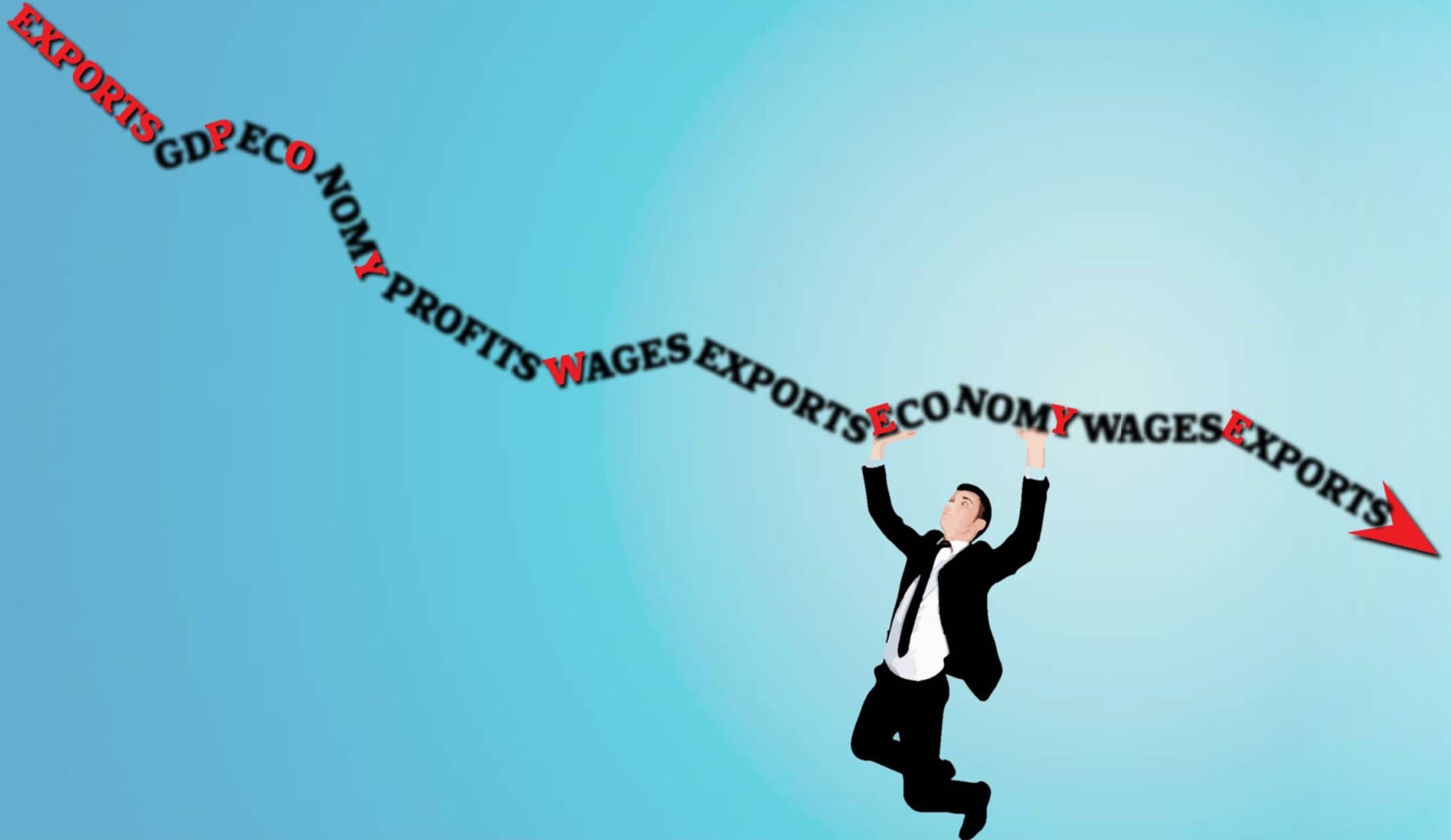
THE Indian economy is in the clutches of bizarre paradoxes. It’s not a case of a glass that’s half-full or half-empty. It is an inexplicable scenario where the glass sometimes seems empty, other times full, and sometimes half-empty or half-full. It depends on the specifics that you glean and analyze. However, people—from the rural farmer to the urban middle class—and decision influencers—from policymakers to economists—are bewildered.
For every element of bad news, there seems to be corresponding good news. For every argument, there seems to be a cogent counter-argument. Even as critics flay the government over the state of the economy, Union ministers slay the censures. The economic ball is consistently kicked and re-kicked from one half to the other. The people, meanwhile, are simultaneously angry, frustrated, elated, depressed and happy with the unruly game.
Consider the following examples to get a feel of what’s happening around us:
High prices of food items such as onion, garlic, and milk co-exist with discounts and unsold stocks in sectors such as auto and consumer goods. Rural demand is down, the lowest since 1972; urban spend is up, but per capita expenditure is lower.
A slowdown in growth, down to 4.5 per cent in the July-September 2019 period and the lowest in the past six years, has gripped India.
Over the past two quarters (April- September 2019), corporate results were sluggish; both revenues and profits were down in several sectors. However, the Sensex has boomed in the past few months. Stock prices moved northwards in defiance.
However, officials contend that the economy is not in recession and the RBI talks of “green shoots” of recovery in specific sectors.
High prices versus high discounts
This story is from the December 30, 2019 edition of Outlook.
Start your 7-day Magzter GOLD free trial to access thousands of curated premium stories, and 9,000+ magazines and newspapers.
Already a subscriber ? Sign In
This story is from the December 30, 2019 edition of Outlook.
Start your 7-day Magzter GOLD free trial to access thousands of curated premium stories, and 9,000+ magazines and newspapers.
Already a subscriber? Sign In

Soft Ruins
'Soft Ruins' is a chapter within the long-term ongoing project \"When Spring Never Comes\", an expansive exploration of memory, identity and displacement in the aftermath of exile within contemporary global politics. It reflects on how the journey as an asylum seeker in Europe mirrors the instability and threats of life under dictatorship, amidst rising right-wing movements and shifting power dynamics, where both certainty and identity are redefined

Building Beyond Homes: Provident Housing's Transformative Approach
Provident Housing leads in crafting thoughtfully designed homes that cater to modern homebuyers' evolving needs. With a focus on timely delivery, sustainability, and innovative, customer-centric solutions, the company sets new benchmarks. In this exclusive interview, Mallanna Sasalu, CEO of Provident Housing, shares insights into the company's strategies, upcoming projects, and vision for India's housing future.

Syria Speaks
A Syrian graffiti artist-activist's tale of living through bombings, gunshots and displacement

The Burdened
Yemen, once a beautiful land identified with the Queen of Sheba, is now one of the worst ongoing humanitarian disasters of modern times

Sculpting In Time
Documentaries such as Intercepted and Songs of Slow Burning Earth grapple with the Russian occupation beyond displays of desolation

The Story Won't Die
Is Israel's triumphalism over its land grab in Syria realistic? The hard reality is-Israel now has Al-Qaeda as a next-door neighbour

Against the Loveless World
In times of war, love exists as a profound act of defiance

Soul of My Soul
What does it mean to continue to create art during a genocide?

in Dancing the Glory of Monsters
By humanising the stories of those affected by war, poverty and displacement, Buuma hopes to foster empathy and inspire action

All the President's Men
Co-author of All The President's Men and one of the two Washington Post journalists (the other was Carl Berntstein) who broke the Watergate scandal that brought down the President Richard Nixon administration in the United States in 1974, Bob Woodward's recent book War was on top of The New York Times Bestseller list, even above John Grisham.